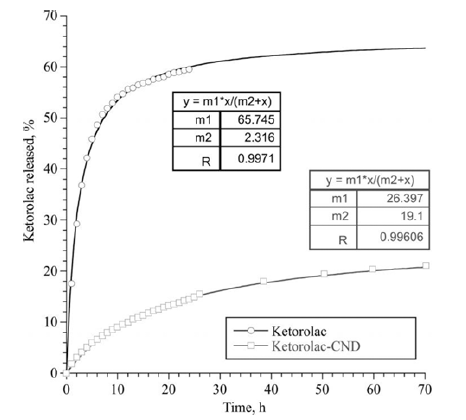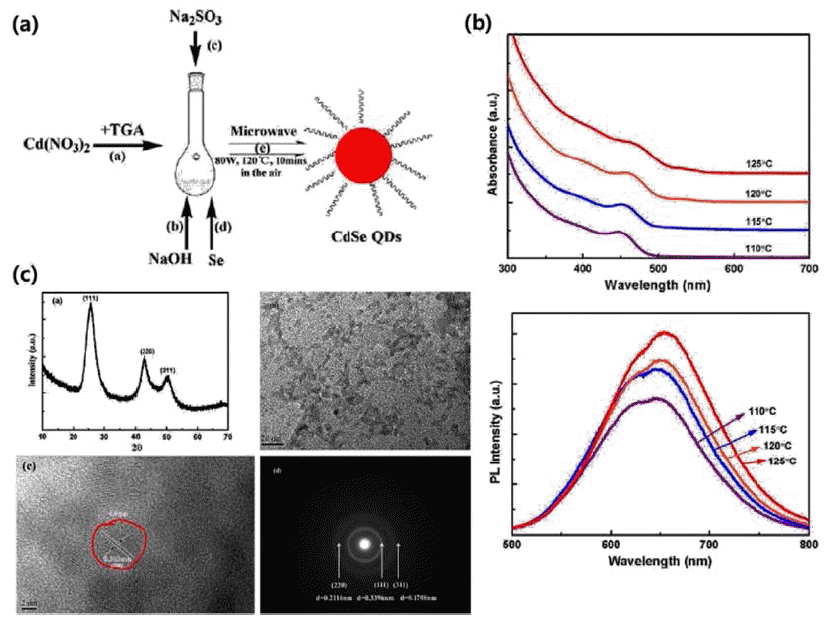Search
- Page Path
- HOME > Search
- [English]
- Nanodiamonds Conjugated with Nonsteroidal Anti-inflammatory Drugs for Transdermal Delivery
- Changkyu Rhee, Alexey P. Puzyr, Andrey E. Burov, Olga G. Burova, Whungwhoe Kim, Vladimir S. Bondar
- J Korean Powder Metall Inst. 2018;25(6):459-465. Published online December 1, 2018
- DOI: https://doi.org/10.4150/KPMI.2018.25.6.459

- 472 View
- 1 Download
- 1 Citations
-
 Abstract
Abstract
 PDF
PDF Most commercially available detonation nanodiamonds (DNDs) require further processing to qualify for use in biomedical applications, as they often contain many impurities and exhibit poor dispersibility in aqueous media. In this work, DNDs are modified to improve purity and impart a high colloidal stability to the particles. The dispersive and adsorption properties of modified DNDs are evaluated in terms of the suitability of DNDs as carriers for non-steroidal anti-inflammatory drugs (NSAIDs) in transdermal delivery. The study of adsorption on strongly positively and strongly negatively charged DNDs showed their high loading capacity for NSAIDs, and a pronounced relationship between the drugs and the particles’ charges. Experiments on long-term desorption carried out with DND/NSAID complexes indicate that the nanoparticles exert a sustained effect on the drug release process.
-
Citations
Citations to this article as recorded by- Unveiling the trending paradigms of synthesis and theranostic biomedical potentials of nano-diamonds (NDs) - a state-of-the-art update
Sagnik Nag, Kedlaya Srikrishna H. Damodar, Swayambhik Mukherjee, Dinesh R. Rao, Ipsita Debnath, Sree Haryini, Sourav Mohanto, Mohammed Gulzar Ahmed, Vetriselvan Subramaniyan
Inorganic Chemistry Communications.2025; 177: 114313. CrossRef
- Unveiling the trending paradigms of synthesis and theranostic biomedical potentials of nano-diamonds (NDs) - a state-of-the-art update
- [Korean]
- Recent Developments in Synthesis of Colloidal Quantum Dots
- Jae-Yong Jung, Jong-Pal Hong, Young-Kuk Kim
- J Korean Powder Metall Inst. 2018;25(4):346-354. Published online August 1, 2018
- DOI: https://doi.org/10.4150/KPMI.2018.25.4.346

- 1,482 View
- 10 Download
-
 Abstract
Abstract
 PDF
PDF Over the last decade, the study of the synthesis of semiconductor colloidal quantum dots has progressed at a tremendous rate. Colloidal quantum dots, which possess unique spectral-luminescent characteristics, are of great interest in the development of novel materials and devices, which are promising for use in various fields. Several studies have been carried out on hot injection synthesis methods. However, these methods have been found to be unsuitable for large-capacity synthesis. Therefore, this review paper introduces synthesis methods other than the hot injection synthesis method, to synthesize quantum dots with excellent optical properties, through continuous synthesis and large capacity synthesis. In addition, examples of the application of synthesized colloid quantum dots in displays, solar cells, and bio industries are provided.
TOP
 kpmi
kpmi


 First
First Prev
Prev


